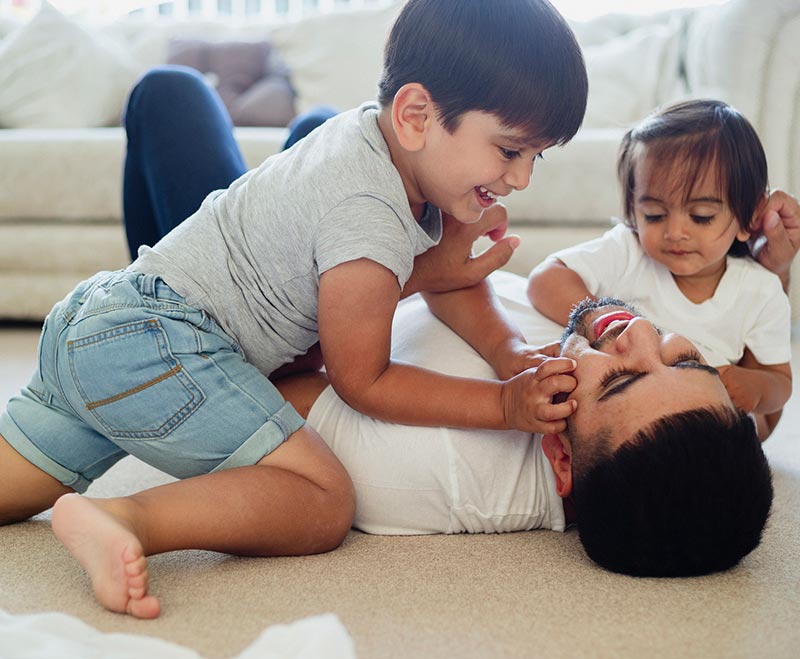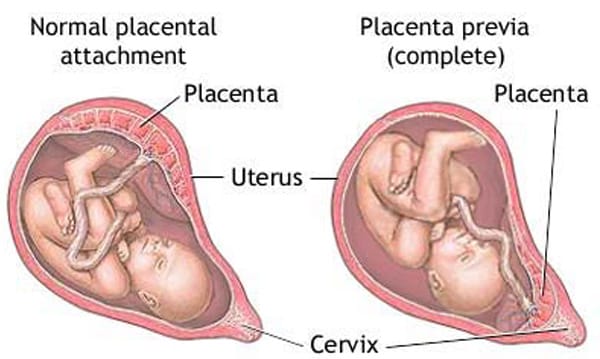Why is bonding with your baby important
The Importance of Infant Bonding
When a caregiver consistently responds to an infant’s needs, it sets the stage for the growing child to enter healthy relationships with other people throughout life and to appropriately experience and express a full range of emotions.
By Mary Beth Steinfeld, M.D.
The process of bonding with a new baby is natural for most mothers. Left alone, new mothers will hold their baby next to their bodies, rock them gently, strive for eye contact, sing or talk to the baby and begin to nurse. Often within just hours of birth, mothers report feelings of overwhelming love and attachment for their new baby.
A normal, full-term baby is also programmed to initiate and enter into a bonding relationship. Crying and making other noises, smiling, searching for the breast, and seeking eye contact give cues for a caring adult to respond.
When a caregiver consistently responds to an infant’s needs, a trusting relationship and lifelong attachment develops. This sets the stage for the growing child to enter healthy relationships with other people throughout life and to appropriately experience and express a full range of emotions.
An optimum opportunity
Dr. Steinfeld is a developmental and behavioral pediatrician at UC Davis Medical Center and UC Davis Children's Hospital in Sacramento.
But what happens when things don’t work out so well? What if babies and their mothers are separated at birth, as when babies are premature or ill and need special care? Or babies who are placed for adoption and may not meet their adoptive mother for quite some time after birth? Sometimes a new mother feels depressed or incapacitated after delivery and doesn’t feel like interacting with her newborn.
Fortunately, humans are not completely dependent on those early moments and have many opportunities to bond appropriately throughout the first year of life. We know that mothers who adopt babies and even older children are able to form normal attachment relationships.
Still, the first few days of life are believed to offer an optimum opportunity for bonding to take place. Standard practice in most U.S. hospitals allows mothers and babies as much time as possible together after birth. Even when babies are born ill or premature, the importance of bonding is recognized. Whenever possible, health care providers in intensive care units try to create opportunities for parents to spend time holding and caring for their babies.
Dads and siblings, too
Babies who are held and comforted when they need it during the first six months of life tend to be more secure and confident as toddlers and older children.
Is it important for fathers to bond with their babies? Absolutely. New fathers often feel less confident than new mothers around a baby, and may feel excluded in the close relationship that develops between the mother and baby. If a baby is breastfed, fathers may be uncertain about what activities they can engage in with the new baby.
Like mothers, fathers need quiet time to spend holding their new babies close, gazing into their eyes, talking to them and comforting them when distressed. Fathers may wish to take walks with their babies tucked into a Snugli-type carrier or simply hold a quiet baby while reading or watching TV.
Brothers and sisters also need time and opportunities to establish a relationship with a new baby. You might offer young children who are too unreliable to hold a baby safely to have brief, supervised periods playing next to a brother or sister in a large crib or playpen. Such times often elicit unique responses of excitement and joy from the baby and allow loving relationships to develop successfully.
The 'spoiling' myth
While bonding does not occur instantly for everyone, it should be well established within the first few months after you bring your baby home.
The importance of bonding with the primary caregiver cannot be overestimated. Failure to do so profoundly affects future development and the ability to form healthy relationships as an adult.
I urge parents to give themselves plenty of time with their baby and to follow their instincts. Respond to the baby’s cues, and offer love and comfort when distressed.
Contrary to the “wisdom” in past generations, responding quickly to crying with holding and nursing will not “spoil” a baby. Instead, babies who are held and comforted when they need it during the first six months of life tend to be more secure and confident as toddlers and older children.
Seek help if you feel that bonding is not progressing as it should. While bonding does not occur instantly for everyone, it should be well established within the first few months after you bring your baby home. For any problem with your baby, ask your physician for help if you feel there is something wrong.
Bonding with your baby | Pregnancy Birth and Baby
Bonding with your baby | Pregnancy Birth and Baby beginning of content5-minute read
Listen
How do babies form attachments?
Attachment is when a baby and caregiver form a strong connection with each other, emotionally and physically.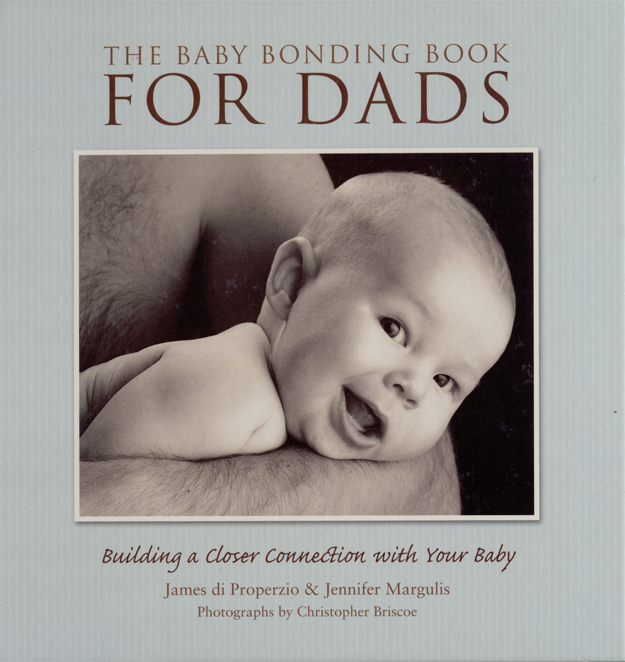
Bonding with your baby is important. It helps to release hormones and chemicals in the brain that encourage rapid brain growth. Bonding also promotes the development of connections between brain cells that are critical for learning; the growth of your baby's body; and the positive development of your baby's sense of who they are and how they deal with feeling upset.
Newborns don't know what they need. They have to be helped by a caregiver who will calmly respond to their physical needs and also provide plenty of love.
Who do babies form attachments to?
Babies usually attach to their main caregiver, but they can certainly bond with other people.
It's usual for a baby to attach to their mother, since by about week 31, a baby can recognise and be soothed by the mother's voice while in the womb. By the time they're born, newborns can even recognise some sounds of their mother's native language.
The father, grandparents and significant childcare workers can also bond with a baby.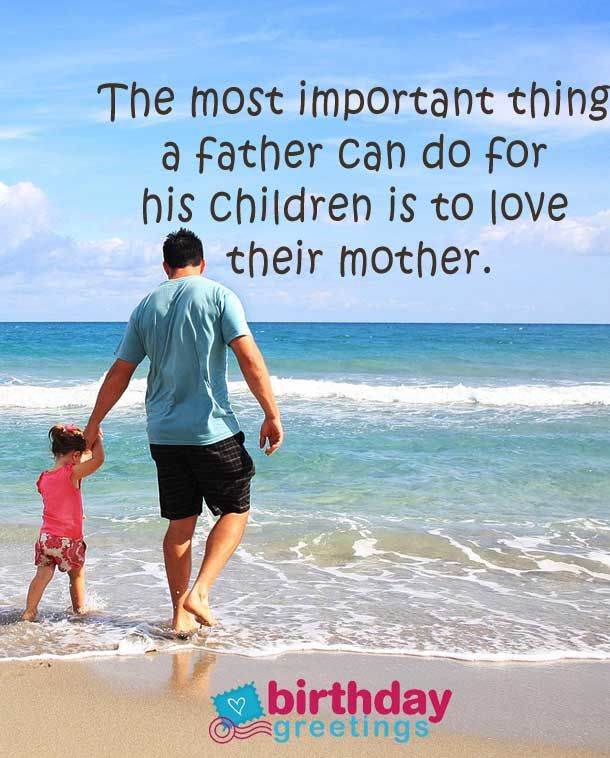 This is particularly important if a mother is finding it difficult to form an attachment, is depressed, or there is some other reason why she can't pay full attention to her baby.
This is particularly important if a mother is finding it difficult to form an attachment, is depressed, or there is some other reason why she can't pay full attention to her baby.
If you are the baby's mum, and they form attachments with other important people, this does not mean your baby will be less attached to you. It helps your baby to learn about being close to people.
How do I bond with my baby?
When you respond to your newborn's needs, you will probably start seeing behaviour or signals that show that he or she is attached to you. These will depend on their age and level of development and could include:
- making eye contact with you
- smiling, cooing, laughing or making other noises directed at you
- holding out their arms to you
- crawling after you
- copying you
- crying for what they need while looking at you
- looking interested in something you're doing
Responding to your baby
You can't spoil a baby by giving them too much attention. They need you to help them with the things they can't do for themselves — whether it's changing their nappy, helping alleviate their pain or hunger, providing warmth, or giving them plenty of affection and play. Responding to what they want and need builds their trust in you, and helps them feel confident.
They need you to help them with the things they can't do for themselves — whether it's changing their nappy, helping alleviate their pain or hunger, providing warmth, or giving them plenty of affection and play. Responding to what they want and need builds their trust in you, and helps them feel confident.
Mothers are biologically designed to act when their babies cry so you may feel anxious if you can't respond to your baby straight away. If you can see that your baby has everything they need and are safe, reassure them that you'll be there as soon as you can. When you're with your baby again, calmly sooth and comfort them.
Ways to bond with your baby
Here are some bonding techniques you can try:
- Learn to read your baby's cues and signals to you and let your baby know you understand.
- Copy your baby's noises or signals, then wait for your baby to respond before continuing.
- Once you have learned what your baby likes, do it regularly.
- Start new activities gently, rather than abruptly, and talk calmly about what you're doing.
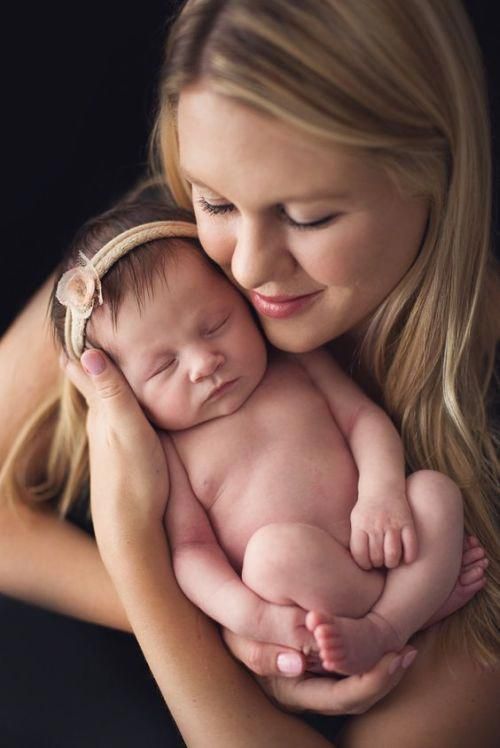
- Soothe and cuddle your baby when they're upset.
- Hold your baby on the left side of your chest, so they can hear your heartbeat.
- Provide skin-to-skin contact (for example, while breastfeeding). You could also massage your baby.
- Smile and laugh while looking into your baby's eyes.
- Talk, sing, read books and play simple games together.
- Bathe your baby before bed.
What if I'm not bonding with my baby?
Some parents experience an instant connection to their baby within the first 24 hours after birth and describe it as an overwhelming feeling of love and protectiveness.
Don't worry if you don't feel this straight away. Although attachment is important for your baby, relationships can sometimes take a while to grow and you may find that it takes you days, weeks or even months to bond with your baby.
Communicate regularly with family members and friends and don't put extra pressure on yourself. The lack of a strong, initial bond does not mean you're not a 'natural' parent.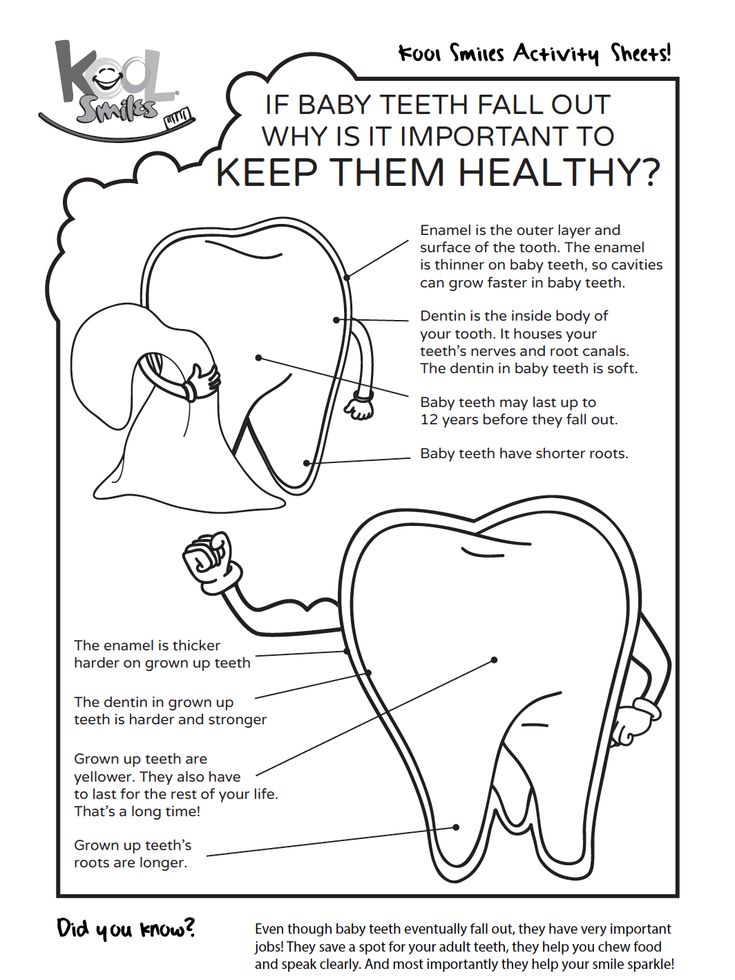
If you suspect you may be experiencing postnatal depression, talk to your doctor or other healthcare professional, such as a child health nurse.
- Talk to your doctor, child health nurse or midwife.
- Find a parenting helpline that suits you here.
- Call Beyond Blue on 1300 22 4636.
Speak to a maternal child health nurse
Call Pregnancy, Birth and Baby to speak to a maternal child health nurse on 1800 882 436 or video call. Available 7am to midnight (AET), 7 days a week.
Sources:
BabyCenter Australia (Seven reasons babies cry and how to soothe them), Beyond Blue (Perinatal depression), Centre for Community Child Health (The First Thousand Days - an evidence paper), Centre of Perinatal Excellence (Bonding with your baby), Proceedings of the National Academy of Sciences (Neurobiology of culturally common maternal responses to infant cry), Raising Children Network (Bonding and attachment: newborns), Raising Children Network (Can you spoil a baby?), Women's and Children's Health Network (Attachment – babies, young children and their parents), Acta Paediatrica (Language experienced in utero affects vowel perception after birth: a two‐country study), Beyond Blue (Getting to know your baby)Learn more here about the development and quality assurance of healthdirect content.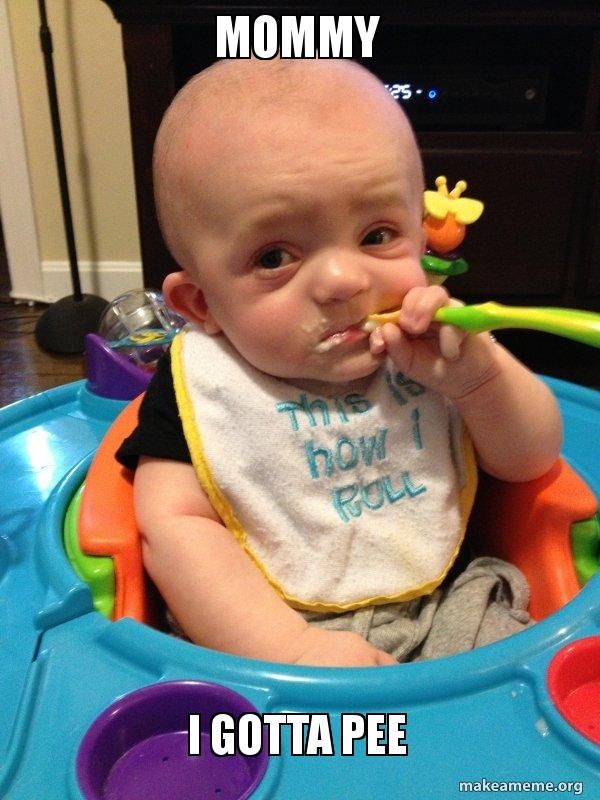
Last reviewed: February 2021
Back To Top
Related pages
- Bonding with your baby during pregnancy
- What is kangaroo care?
Need more information?
First 1000 days: conception to two years | Raising Children Network
The first 1000 days of life are key to lifelong health and wellbeing.
Read more on raisingchildren.net.au website
Bonding and attachment: newborns | Raising Children Network
Bonding with newborns happens when you respond consistently to your baby with love, warmth and care. Bonding and attachment are vital to baby development.
Read more on raisingchildren.net.au website
Bonding with premature babies in the NICU | Raising Children Network
For parents with premature babies in the NICU, bonding might seem hard. This guide explains how to use touch, song, play and daily care to bond with baby.
This guide explains how to use touch, song, play and daily care to bond with baby.
Read more on raisingchildren.net.au website
The first 1,000 days
The first 2 years of a baby's life can impact their health and wellbeing later on. Here's what you can do to give your child the best possible start.
Read more on Pregnancy, Birth & Baby website
Bonding with your kids | Support For Fathers
Bonding with your kids. Support For Fathers, Fatherhood and Family Relationship Support. Relationships Australia Victoria RAV. Fatherhood Resources Library.
Read more on Support for Fathers website
Breastfeeding attachment techniques | Raising Children Network
Good attachment is key to successful breastfeeding.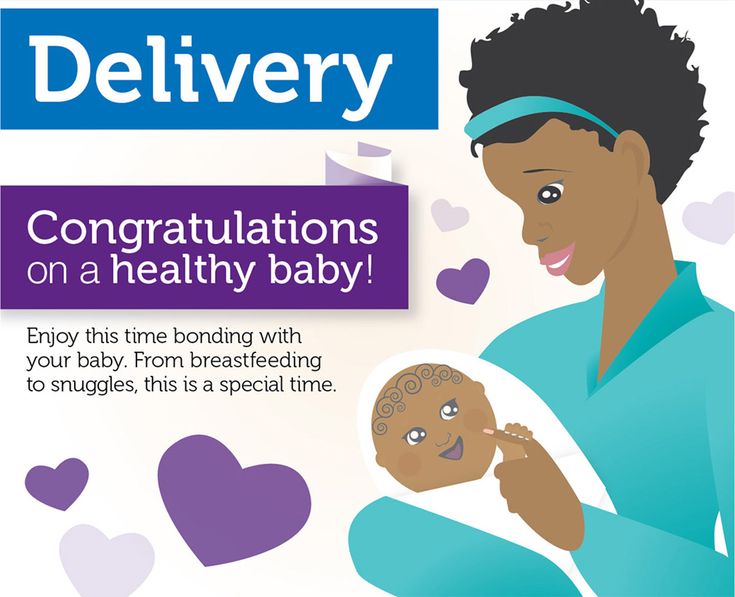 Baby-led attachment is when you let baby find the breast. Mother-led attachment is when you attach baby.
Baby-led attachment is when you let baby find the breast. Mother-led attachment is when you attach baby.
Read more on raisingchildren.net.au website
Breastfeeding your baby
Breastfeeding is the most natural way to feed your baby, providing all the nutrition your baby needs during the first six months of life and a loving bond with your baby.
Read more on Pregnancy, Birth & Baby website
Baby's first 24 hours
There is a lot going on in the first 24 hours of your baby's life, so find out what you can expect.
Read more on Pregnancy, Birth & Baby website
Dads: premature birth and premature babies | Raising Children Network
After a premature birth, it can be hard for dads.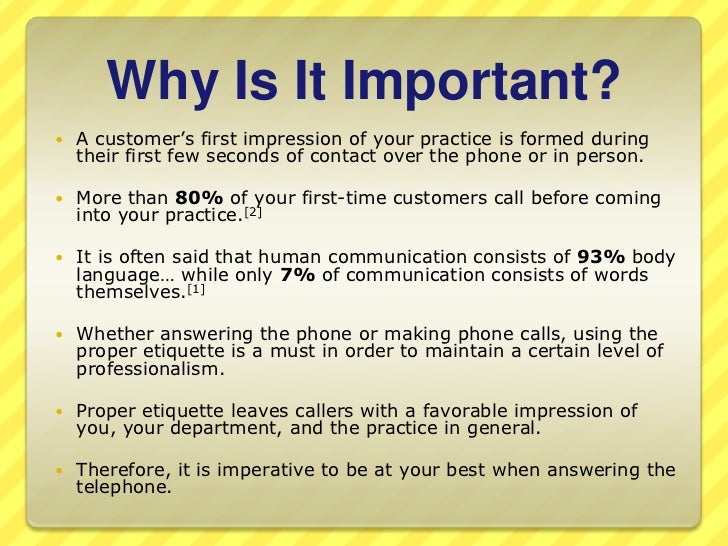 Our dads guide to premature babies and birth covers feelings, bonding, and getting involved with your baby.
Our dads guide to premature babies and birth covers feelings, bonding, and getting involved with your baby.
Read more on raisingchildren.net.au website
A day in the life of a newborn
Most babies will start to settle into a daily pattern of sleeping, feeding and playing, whether you follow what your newborn does or establish a simple routine.
Read more on Pregnancy, Birth & Baby website
Disclaimer
Pregnancy, Birth and Baby is not responsible for the content and advertising on the external website you are now entering.
OKNeed further advice or guidance from our maternal child health nurses?
1800 882 436
Video call
- Contact us
- About us
- A-Z topics
- Symptom Checker
- Service Finder
- Linking to us
- Information partners
- Terms of use
- Privacy
Pregnancy, Birth and Baby is funded by the Australian Government and operated by Healthdirect Australia.
Pregnancy, Birth and Baby is provided on behalf of the Department of Health
Pregnancy, Birth and Baby’s information and advice are developed and managed within a rigorous clinical governance framework. This website is certified by the Health On The Net (HON) foundation, the standard for trustworthy health information.
This site is protected by reCAPTCHA and the Google Privacy Policy and Terms of Service apply.
This information is for your general information and use only and is not intended to be used as medical advice and should not be used to diagnose, treat, cure or prevent any medical condition, nor should it be used for therapeutic purposes.
The information is not a substitute for independent professional advice and should not be used as an alternative to professional health care. If you have a particular medical problem, please consult a healthcare professional.
Except as permitted under the Copyright Act 1968, this publication or any part of it may not be reproduced, altered, adapted, stored and/or distributed in any form or by any means without the prior written permission of Healthdirect Australia.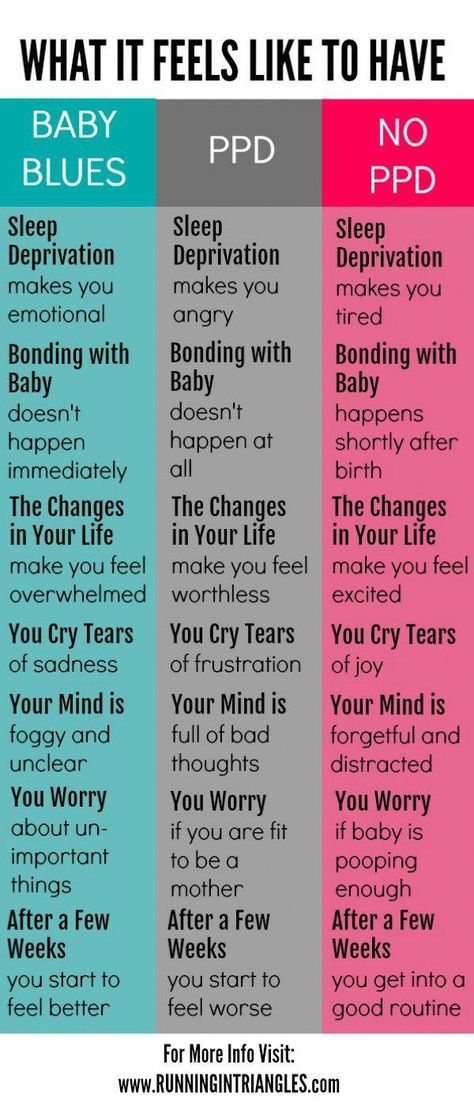
Support this browser is being discontinued for Pregnancy, Birth and Baby
Support for this browser is being discontinued for this site
- Internet Explorer 11 and lower
We currently support Microsoft Edge, Chrome, Firefox and Safari. For more information, please visit the links below:
- Chrome by Google
- Firefox by Mozilla
- Microsoft Edge
- Safari by Apple
You are welcome to continue browsing this site with this browser. Some features, tools or interaction may not work correctly.
A metropolitan psychologist spoke about the role of a mother in different periods of a child's life
In infancy, a child cannot do without a mother. Over time, it grows up, and its role changes, but the value does not decrease. Irina Kutyanova, a psychologist at the Pechatniki family center, spoke about this in more detail.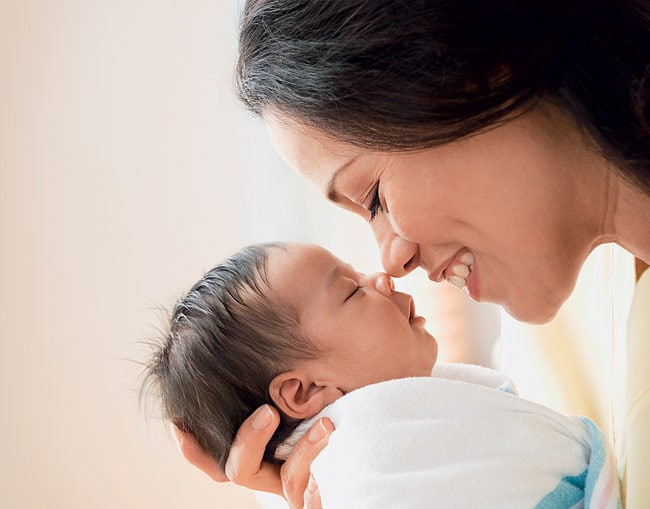
Give your child freedom of choice!
The mother of a 12-year-old son applied to the Pechatniki family center. She complained that the child had ceased to obey. After several meetings with a psychologist, the mother realized that it was necessary to rebuild relations with her growing son, to give him more freedom, for example, in choosing hobbies and circles, while gently directing his energy into a constructive channel.
Period from 0 to 1 year
“The most important task of a mother during this period is emotional and physical contact with the baby, satisfaction of his basic needs, development of the child in accordance with his age,” says the psychologist.
It is very important for a child (from 0 to 1 year old) to experience the unconditional love of a mother for her baby. Through interaction with his mother, he forms a basic trust or distrust in the world. If a mother reacts to signals from a child, understands them, interacts with a child, gives him her love and care, then he forms an attitude that the world is good, treats him kindly. And in the future it will be much easier for him to build relationships with other people, to become independent and independent.
And in the future it will be much easier for him to build relationships with other people, to become independent and independent.
At a very young age, a child needs tactile contact, it is no coincidence that such devices as slings and kangaroos are very popular. If the baby is crying, not hungry, clean, then the first thing you need to do is pick him up. Being in physical contact with his mother, in her arms, he calms down. “Don't get annoyed at the crying of a small child, but try to calm down and find out the reason. Behind this is an unmet need or discomfort. He cries when something is wrong, if he is tired or hungry, and not in order to annoy his parents or manipulate them, ” - advises Irina.
Of the educational games at this age, bright rattles, tumblers, toys with different fillers that the baby can take in pens (for example, cereals, peas, etc.) are relevant. Parents can make such toys with their own hands. The songs and lullabies that a mother sings for a baby are relevant.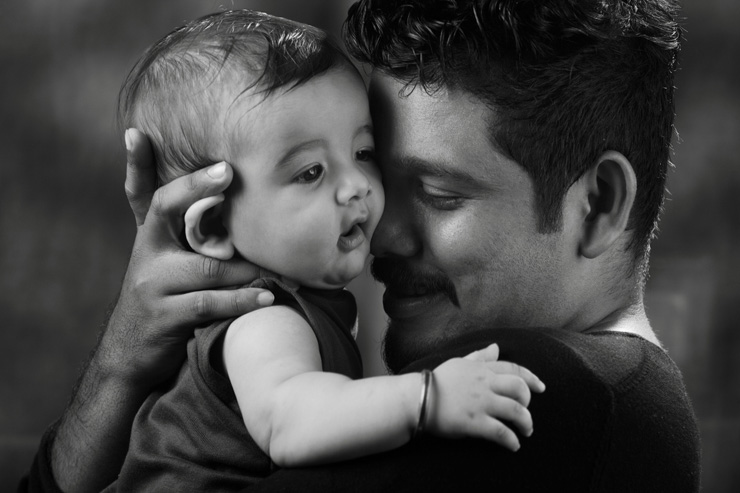 It is also very important to talk with the child: communication should express joy and love for the baby.
It is also very important to talk with the child: communication should express joy and love for the baby.
Early childhood: 1 to 3 years
Starting from the age of 1, the child learns to walk independently, the main role of the mother is to create a safe environment for the baby. It is also the time when the child is actively developing. Mom becomes the child's guide to the world around her, she teaches to name objects, pronounce words and sentences. At the same time, it is important that the mother’s speech be leisurely, then the baby will learn to speak much faster. You can listen and sing simple songs with your baby.
Provide a safe space: remove household chemicals, sharp objects from places accessible to the child, put restraints on cabinets, sockets, windows.
Teach your child the basics of safe behavior: do not run into the road, do not pick up garbage from the ground, do not take toys from other children.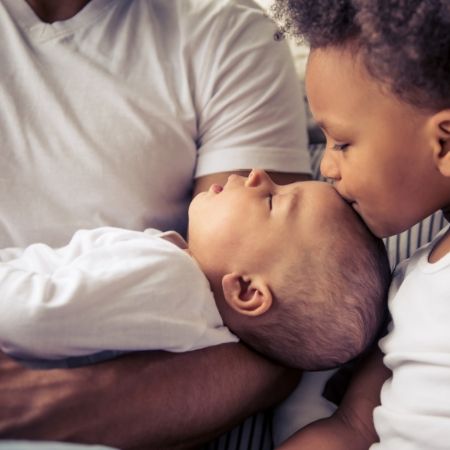 It is very important to do this in the correct form, not to yell at the child. And being on the street and in public places, always hold the child by the hand. In this way, you give him information about the outside world, about how it works, while ensuring his safety.
It is very important to do this in the correct form, not to yell at the child. And being on the street and in public places, always hold the child by the hand. In this way, you give him information about the outside world, about how it works, while ensuring his safety.
Of the developing games, give preference to finger games that train fine motor skills: "magpie-crow", finger gymnastics.
Preschool age: 3 to 7 years
Every year it becomes more and more interesting to communicate with your child, you can discuss with him what is happening on the street or in the park, collect autumn leaves together, make crafts for children garden. As a rule, during this period, the mother returns to work if there are no younger brothers and sisters, and the child begins to go to kindergarten.
With the start of attending a kindergarten, a child's life changes, he learns to communicate not only in the family, but also in the first children's team with other children. “Pay attention to what the child is drawn to: some children like to draw, while others are more interested in dancing or sports. Consider how the child adapts to the kindergarten, whether he is willing to stay in the group, how he communicates with other children. Encourage the natural aspirations of children from an early age, and then in the future they can fully open up and become real talents, ”, the psychologist comments.
“Pay attention to what the child is drawn to: some children like to draw, while others are more interested in dancing or sports. Consider how the child adapts to the kindergarten, whether he is willing to stay in the group, how he communicates with other children. Encourage the natural aspirations of children from an early age, and then in the future they can fully open up and become real talents, ”, the psychologist comments.
Primary school age: from 7 to 11 years old
At this age, the child still retains many childish qualities, he still needs care and support. The main change that occurs during this period is the beginning of schooling. Mom, like no one else, can help in the adaptation of the child, identify the problem in time and solve it.
“Stay close by, help your child if he can’t immediately solve a problem or write prescriptions. Do not put pressure on him, but explain that if he has difficulties, he can always turn to his mother with a question and for help. Be interested in how he is doing, what is incomprehensible or difficult, what difficulties the child faces, with whom he communicated at school, what subjects are his favorite, , says Irina.
Be interested in how he is doing, what is incomprehensible or difficult, what difficulties the child faces, with whom he communicated at school, what subjects are his favorite, , says Irina.
Adolescence: 12 to 15 years
This period is the most difficult in the life of not only parents, but also children. Therefore, the role of the mother should be to understand the inclinations and abilities of the teenager, which need to be helped to develop. A child at this age focuses more on peers than on the opinion of parents. At the same time, this is a normal phenomenon and is associated with the growing up of the child. The difficulties of adolescence will pass, but it is important to maintain contact with the child during this period. Recognition of his growing up, expansion of independence and responsibility, attraction to help around the house will help in communicating with the child.
“The role of a mother at this age is to help the child navigate the future profession, maintain good relationships, and maintain an emotional connection.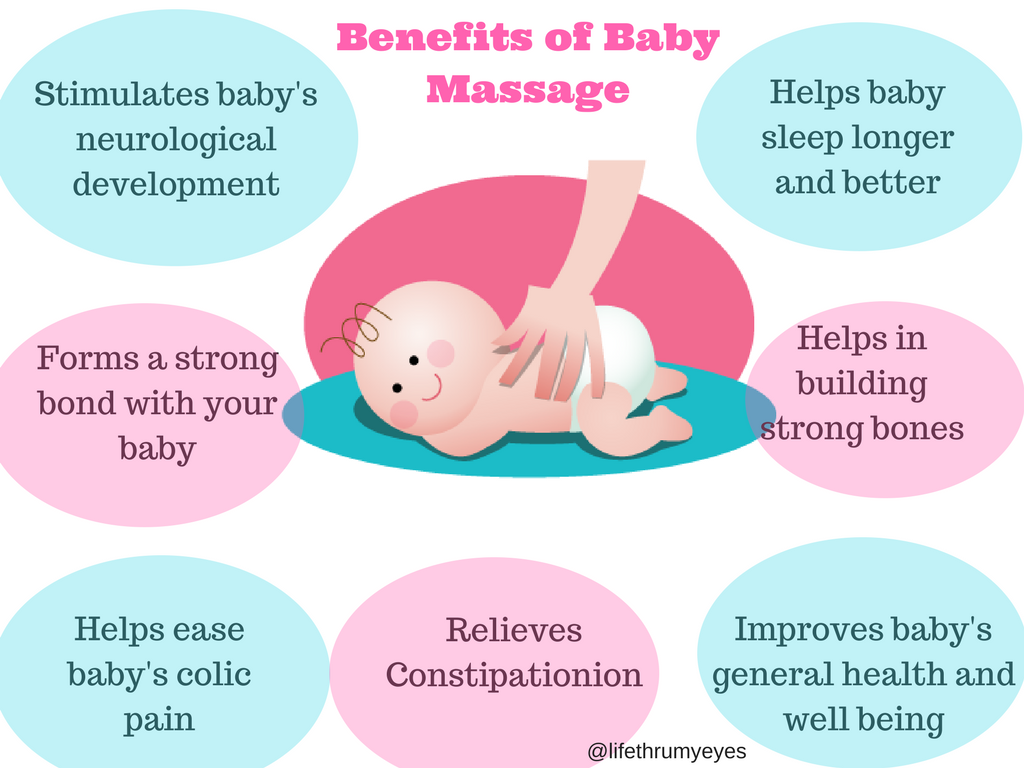 During this period, you can communicate with a teenager on topics that concern him: about the meaning of life, purpose, about life and death, ”the psychologist believes - .
During this period, you can communicate with a teenager on topics that concern him: about the meaning of life, purpose, about life and death, ”the psychologist believes - .
Crises
When communicating with a child, it is important to consider turning points, or developmental crises: to Lev Vygotsky is 1 year old, 2 years old, 3 years old, 6-7 years old, 12-13 years old. It is at this time that dramatic changes occur that give a new quality to the development of children: 1 year - mastering walking; 2 years - the formation of visual-effective thinking, a turning point in the development of speech; 3 years - the period when the connection between the behavior and development of the child is especially clear, the baby realizes himself as a person; 6-7 years - the period of preparation for school; 12-13 years - puberty, puberty.
Where they can get help
". Psychologists will tell parents how best to interact with children. Each visitor to the site can use the map of family and childhood support organizations. When you select the required area on the map, the nearest organizations with detailed contact information are displayed.
Psychologists will tell parents how best to interact with children. Each visitor to the site can use the map of family and childhood support organizations. When you select the required area on the map, the nearest organizations with detailed contact information are displayed.
Source
Press Service of the Department of Labor and Social Protection of the Population of Moscow
Communication between mother and child | Nutrilak
02/11/2021 11377
Even during pregnancy, an absolutely amazing bond appears between mother and baby, which only becomes stronger after birth. Already in the womb, babies react to the feelings of a woman, her emotional state, fatigue, illness.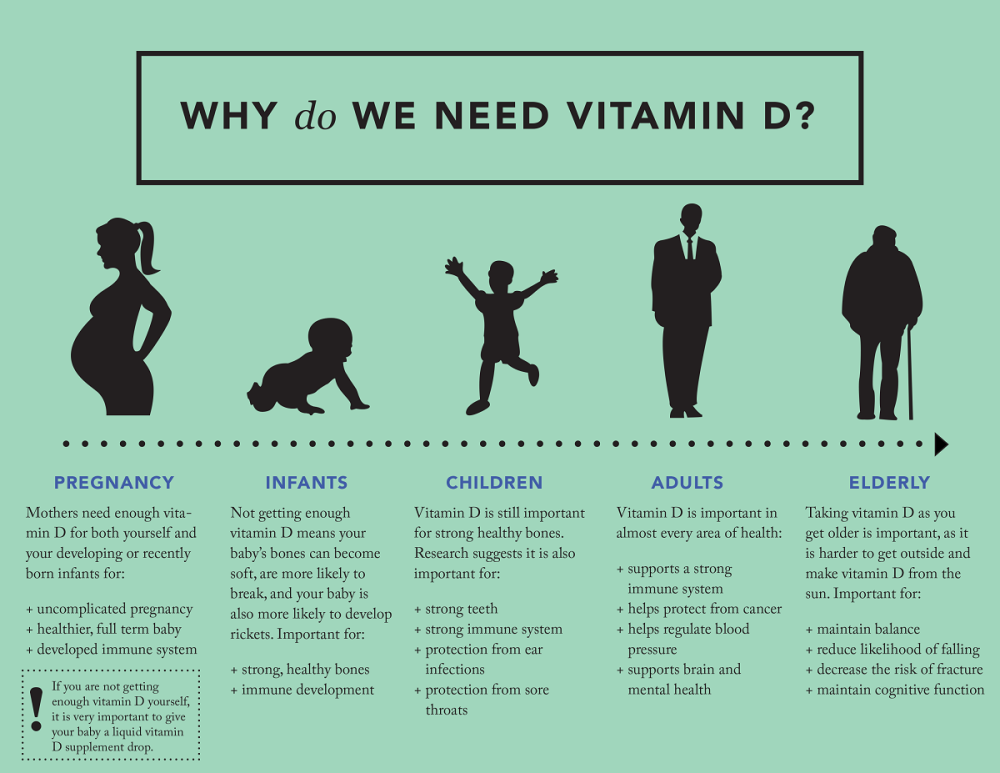 Mom feels almost every movement of the baby, understands when he is tired, when he is resting, and when he is awake. This bond is getting stronger every day. When a newly born baby is placed on the mother's chest in the delivery room, a real miracle happens.
Mom feels almost every movement of the baby, understands when he is tired, when he is resting, and when he is awake. This bond is getting stronger every day. When a newly born baby is placed on the mother's chest in the delivery room, a real miracle happens.
Importance of body contact with the newborn
In recent years, early skin-to-skin contact has been widely practiced in our country. Initially, this approach was used to increase the chances of successful breastfeeding. In the course of the experiments, it was found that mothers who had their newborn babies placed on their breasts immediately after childbirth produced more of the hormone oxytocin, which is considered to be the hormone of happiness and affection. In parallel, the production of the hormone prolactin, which promotes lactation, increased.
All these events taking place at the biochemical level are associated with the strongest emotions from meeting, from the touch of your baby! After nine months of gestation, the mother finally meets her child, can touch him, stroke him, kiss him. It is at this moment that the attachment that appeared during pregnancy becomes even more obvious.
It is at this moment that the attachment that appeared during pregnancy becomes even more obvious.
The importance of the emotional connection between mother and child
After birth, the bond between mother and child is strengthened by many factors.
Through touch, the baby gets to know the world. Gentle strokes or light tickling evoke pleasant emotions and the first smile in the baby. Every centimeter of skin is literally strewn with different types of receptors that transmit signals to the brain. Regular exposure to receptors gives rise to the simplest neural connections.
Carrying on hands gives the baby a sense of security. Gently pressing the child to you, somewhat limiting his movements, you are able to remind the baby of the conditions in which he was all nine months. Also, don't be afraid to "teach the baby": when you respond to the call of the child and take him to you, you are not doing anything wrong. You only show the baby that you can be trusted, and in case of trouble, you will be there.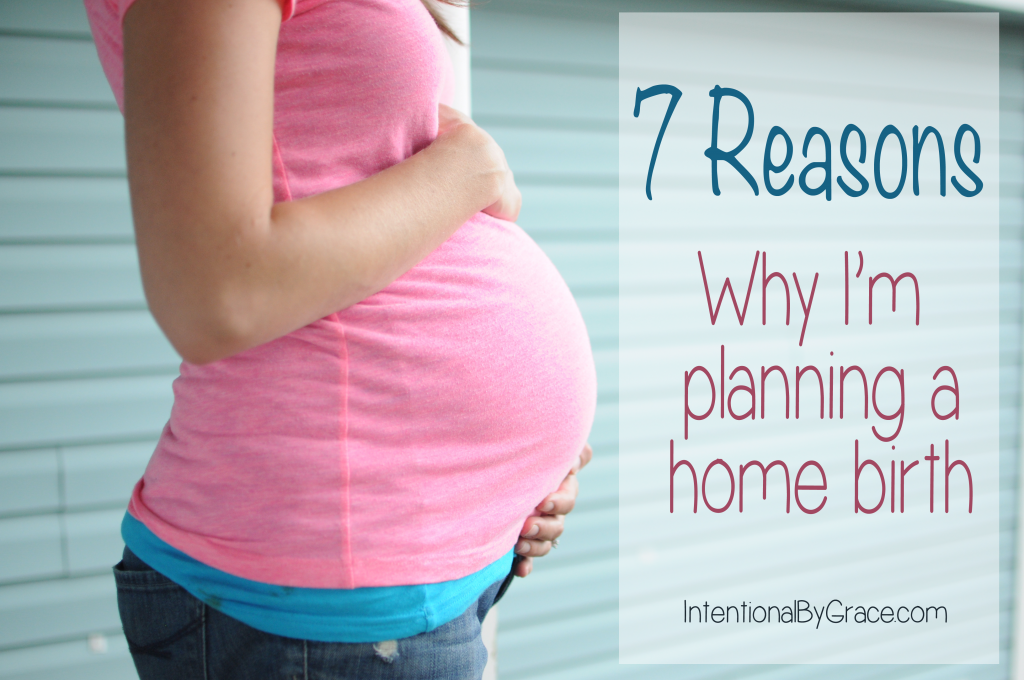
Communication with the child, looks, smiles. You just think that a newborn baby does not understand anything. At a minimum, even in the prenatal period, the child remembers voices, intonations, and later distinguishes “his own” (mother, father, grandmothers, etc.) “strangers” even by sound. It is your rich facial expressions in relation to the child that help the development of his emotional intelligence, introduces him to a huge palette of feelings, teaches him to respond to various circumstances correctly.
At the age of 2-3 months, the so-called "revitalization complex" appears in children - this is nothing more than a bright positive emotional reaction to contact with the child, to a smile addressed to him, to affectionate words. "Revitalization Complex" demonstrates the level of neuropsychic development of the baby.
This is important!
A mother for a child is a guarantor of peace and security, unconditional love and acceptance. On a subconscious level, the baby was entrenched that where the mother is, it is good there.
For nine months, it was the mother who carried the child under her heart, in fact, protecting him from any environmental factors, i.e. was a source of security; it was her voice that he heard in the womb; it was her hands that stroked him first; it is the mother who helps to satisfy hunger and other physiological needs. It is thanks to the mother that the baby learns to trust this world, to open up to it, to hope for help. And all this happens only thanks to a completely unique, invisible, subtle connection that can only exist between a mother and a child.
The influence of mother's emotions on the child
A huge number of studies are devoted to the influence of the emotional background of the mother on the developing fetus. The release of a large number of stress hormones (cortisol, norepinephrine) significantly slows down the maturation of the central nervous system in utero. However, scientists also do not advise women to refuse to experience any negative feelings. It is thanks to the mother that even in the womb the child begins to get acquainted with a huge palette of emotions and experiences, this is a direct acquaintance with the world.
It is thanks to the mother that even in the womb the child begins to get acquainted with a huge palette of emotions and experiences, this is a direct acquaintance with the world.
This is important!
After birth, the emotional state of the mother also affects the development of the baby. If a mother is breastfeeding and at the same time experiencing prolonged stress, aggression or strong feelings, cortisol is also transmitted to the child with milk. In addition, there is evidence that postpartum depression affects the developing intelligence of the baby.
However, even if we move away from the biochemical processes that occur in the body of a young mother and child, it is foolish to deny that, in general, the favorable emotional background of the mother in many ways helps the child grow and develop correctly. It was the mothers who had the good fortune to be the most important person in the life of a newly born baby. But at the same time, it is on their shoulders that there is a huge responsibility, burden, worries for their child.